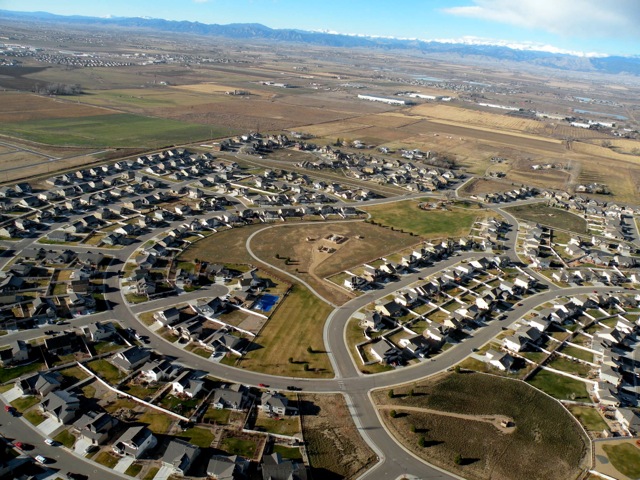As fracking technology has enabled oil and gas companies increasingly to drill near communities, tensions involving industry, community advocates, state regulators, and local governments have escalated on Colorado’s Front Range. While local governments in western Colorado have had to find ways to address local concerns about the impacts of oil and gas drilling for years, the debate has reached a new level as production has moved to the populated cities on the east side of the Rockies.
Among the strategies used by local governments to address the impacts of oil and gas development are Memoranda of Agreement (MOUs) with operators to define how, and under what conditions, local development may occur. While the use of MOUs has drawn some mixed reactions from stakeholders regarding their efficacy, enforceability and transparency, MOUs have been increasingly utilized to address oil and gas concerns at the local level while avoiding lawsuits over the authority of communities to regulate oil and gas development.
What types of MOU provisions and processes have effectively addressed local concerns while reducing polarization over the issues? Which have done so less successfully? What have been the most significant challenges or barriers to the use of MOUs in this context? What are the greatest opportunities for using MOUs to build broadly supported outcomes? These are among the questions CDR is asking, along with the Intermountain Oil and Gas Best Management Practices (BMP) Project, originally a project of the Getches-Wilkinson Center for Natural Resources, Energy and the Environment at the University of Colorado Law School. With grants from the Rocky Mountain Mineral Law Foundation, Colorado Energy Office and others, the project will result in a searchable repository of Colorado oil and gas MOUs and the best management practices they contain, as well as a stakeholder assessment regarding the use of MOUs in Colorado.
For more information, please contact Ryan Golten or visit our energy practice page.

